The Book of Genesis
For Hertog alumni. Embark on an inquiry into origins—of creation, covenant, & character.
Sundays | Jan. 4–Feb. 1, 2026
Online
Fear and Trembling (1843) is the most well-known book of Søren Kierkegaard, a Christian Socrates (and Plato) whose poetic and philosophical imagination birthed no fewer than 21 different pseudonymous authors and their writings: fresh experiments in cultural criticism, psychological exploration, metaphysical inquiry, ethical and religious exhortation, and existential drama, composed in the registers of comedy, pathos, humor, and irony.
Fear and Trembling, by Johannes de Silentio (John of Silence), is a sustained reflection on the binding of Isaac in Genesis 22. The book illuminates the nature of faith, the foundations of ethics, and the limits of language; what is more, it is an accessible, yet inexhaustibly profound, introduction to Kierkegaard’s thought as a whole. This seminar will undertake a close reading of Silentio’s book, with attention to its literary characteristics and the ways it anticipates the main themes of Kierkegaard’s authorship.
A Hertog Conversation with Jacob Howland on Kierkegaard's Fear & Trembling.
This course is offered by Humanities at Hertog. It takes place weekly on Sundays, via Zoom, from 7 PM to 9 PM ET. Fellows will receive a $150 Amazon Bookshelf voucher contingent upon participation in the course and completion of a brief response paper. All course materials will be provided.
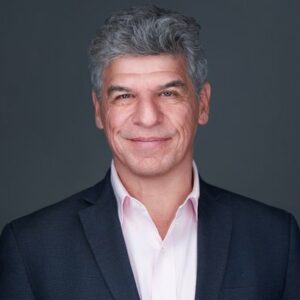
Jacob Howland has published five books and roughly 60 scholarly articles and review essays on the thought of Plato, Aristotle, Xenophon, Kierkegaard, the Talmud, the Holocaust, ideological tyranny, and other subjects. His most recent book is Glaucon’s Fate: History, Myth, and Character in Plato’s Republic.

Jacob Howland is the former Provost, Senior Vice President for Academic Affairs, and Dean of Intellectual Foundations at the University of Austin. Previously, he was the McFarlin Professor of Philosophy (emeritus) at the University of Tulsa. His research focuses on ancient Greek philosophy, history, epic, and tragedy; the Hebrew Bible and the Talmud; Kierkegaard; and literary and philosophical responses to the Holocaust and Soviet totalitarianism.
His most recent book is Glaucon’s Fate: History, Myth, and Character in Plato’s Republic. His other books include Plato and the Talmud and Kierkegaard and Socrates: A Study in Philosophy and Faith.
He earned a B.A. from Swarthmore College and a Ph.D. from Penn State.
Readings:
Discussion Questions:
Readings:
Discussion Questions:
Readings:
Discussion Questions:
Readings:
Discussion Questions:
5) Problem III. Why does ethics run aground on the phenomenon of sin? Where does this leave philosophy, as exemplified by Hegel?
Readings:
Discussion Questions:
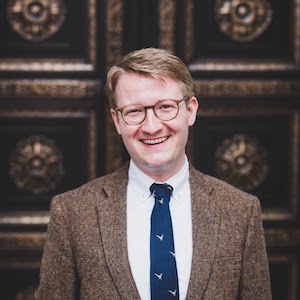
Christopher Utter
Christopher Utter is Associate Director of the Lincoln Scholars program and term professorial lecturer in the Department of Government in the School of Public Affairs at American University. He regularly teaches courses in the Lincoln Scholars program as well as upper level political theory courses. His research focuses mainly on classical political philosophy with a particular interest in the problem of theory and practice in Plato and Aristotle.
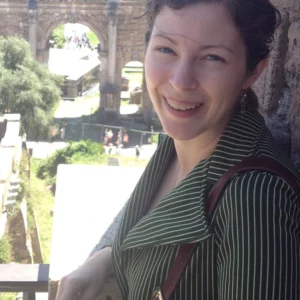
Mary Townsend
Mary Townsend is an associate professor of philosophy at St. John’s University, Queens, NY. Her 2017 book, The Woman Question in Plato’s Republic was named required reading by University of Pennsylvania’s Emily Wilson, translator of Homer’s Iliad and Odyssey, and her academic work on Plato, Beauvoir, and the American abolitionist Julia Ward Howe has appeared in Hypatia, Polis, and Social Philosophy Today.
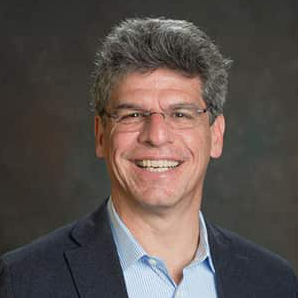
Jacob Howland
Jacob Howland has published five books and roughly 60 scholarly articles and review essays on the thought of Plato, Aristotle, Xenophon, Kierkegaard, the Talmud, the Holocaust, ideological tyranny, and other subjects. His most recent book is Glaucon’s Fate: History, Myth, and Character in Plato’s Republic.
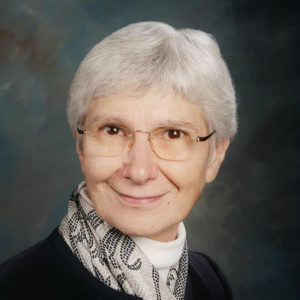
Amy A. Kass
Amy Apfel Kass (1940 – 2015) was a senior fellow at the Hudson Institute, Senior Lecturer Emerita in the humanities at the University of Chicago, and coeditor of What So Proudly We Hail: The American Soul in Story, Speech, and Song. She was an award-winning teacher of classic texts.
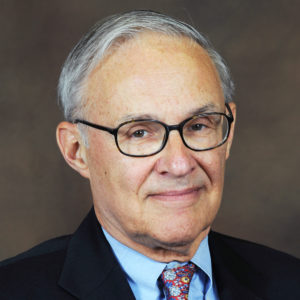
Leon R. Kass
Leon R. Kass, M.D., is the Addie Clark Harding Professor Emeritus in the Committee on Social Thought and the College at the University of Chicago and the Madden-Jewett Chair at AEI. He was the chairman of the President’s Council on Bioethics from 2001 to 2005. He has been engaged for more than 40 years with ethical and philosophical issues raised by biomedical advances and, more recently, with broader moral and cultural issues.
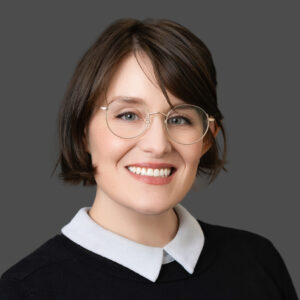
Mary Elizabeth Halper
Mary Elizabeth Halper is Dean of the Humanities at Hertog program and a tutor at St. John’s College, Annapolis. Previously, she was Associate Director of the Hertog Foundation. She graduated with B.A.s in Philosophy and Classics from the University of Dallas and has since been devoted to liberal education in various forms.